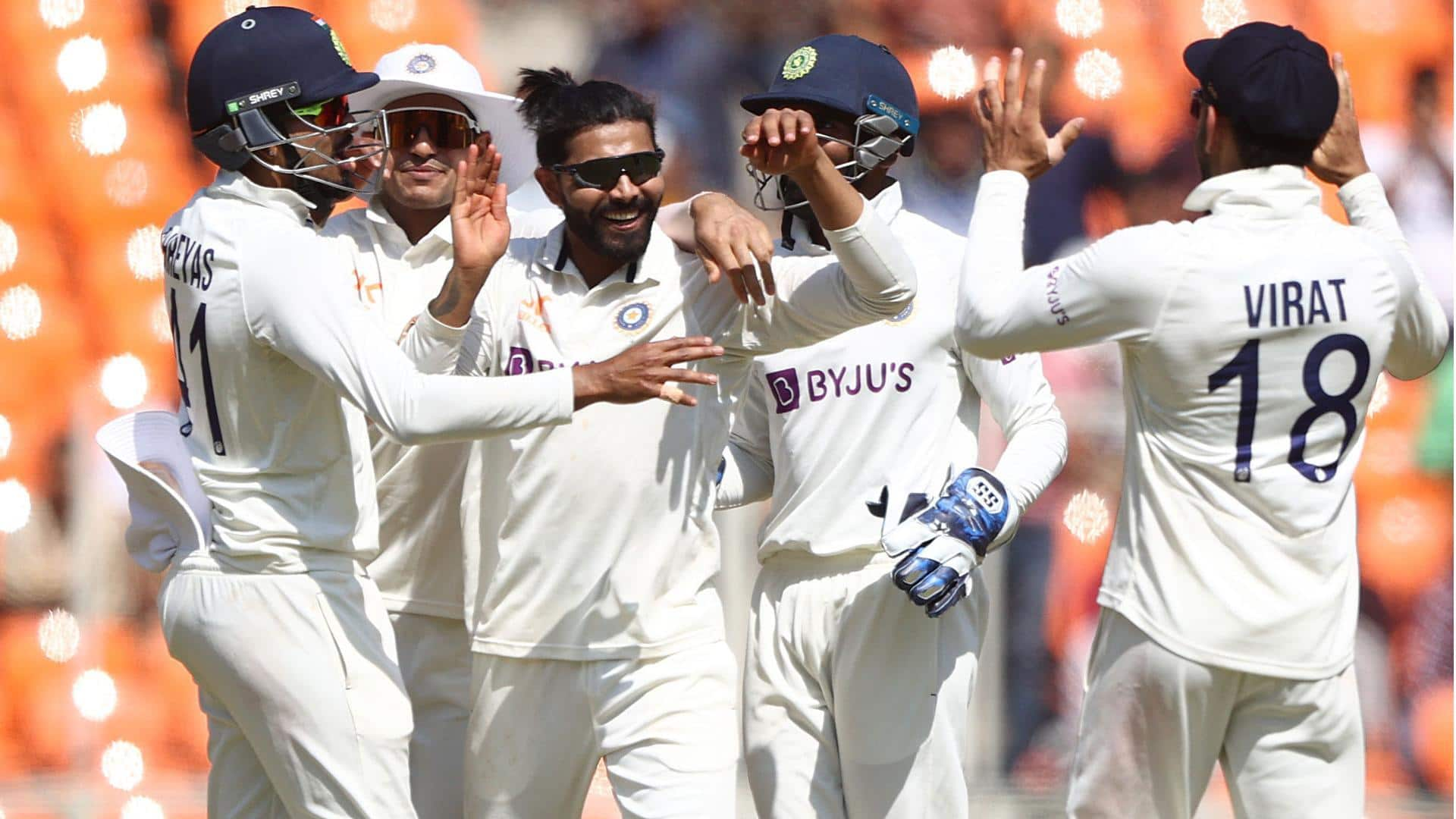
ICC to abolish soft signal: All you need to know
What's the story
The International Cricket Council (ICC) has abolished the highly controversial 'soft signal' rule from the playing conditions of international matches. As per Cricbuzz, the change is expected to come into force from the ICC World Test Championship 2021-23 final between India and Australia next month. The 'soft-signal' rule had sparked many controversies in recent times. Here is all you need to know.
Rule
What is the soft signal rule?
Whenever there is a tight call in a match, mostly in cases of close catches, the on-field umpire refers to the third umpire. While referring, the official informs the decision he made based on his intuition. That intuition is known as a soft signal. The third umpire can overturn the on-field umpire's decision only if there is irrefutable evidence.
Statement
Here is what the rule states
According to ICC rules, a "Soft Signal is the visual communication by the bowler's end umpire to the third umpire (accompanied by additional information via two-way radio where necessary) of his/her initial on-field decision prior to initiating an Umpire Review." "If the third umpire advises that the replay evidence is inconclusive, the on-field decision communicated at the start of the consultation process shall stand."
Controversy
What is the controversy?
It was earlier mandatory for the on-field umpires to provide a soft signal. Apparently, the officials were forced to make a decision even if they were not sure, before referring. The third umpire could only overturn the decision if there was conclusive evidence in the video footage. The on-field umpire's decision was upheld if the third umpire was even slightly in two minds.
Information
What does the rule change mean?
The abolishment of the 'soft signal' rule means the on-field official can refer to the third umpire without providing his verdict. Hence, only the third umpire will have the final say on doubtful decisions.
Statement
Ben Stokes had demanded the removal of this rule
England's Test skipper Ben Stokes was among the many stalwarts who demanded the ouster of this rule. "ICC should get rid of the soft signal and let the 3rd umpire who has all the technology make the decision when the on-field umpires send it upstairs," the all-rounder had said earlier this year. "All the controversy is always around the soft signal given."
Shah
Shah raised the matter
As per Cricbuzz, BCCI secretary Jay Shah also raised the matter during an ICC meeting in 2021. As Shah is also part of the ICC Cricket Committee now, he seems to have played an influential role in the decision-making. Former BCCI president Sourav Ganguly is the chairman of the committee that made the verdict. Reportedly, both WTC finalists have been informed about the change.
AUS vs IND
India and Australia's journey to the WTC Final
India started their WTC campaign in England where they managed a 2-2 draw. They later defeated New Zealand, Sri Lanka, Bangladesh, and ultimately Australia to qualify for the final. They finished with a point percentage of 58.80 and took the second spot (127 points). Meanwhile, Australia defeated England, Pakistan, and South Africa to top the points table with 66.67 points percentage (152 points).
Details
Oval to host the WTC 2021-23 final
The ICC earlier confirmed that the 2021-23 WTC final will take place at the Oval, London, from June 7-11. The venue will also play host to the 2023-25 final in June 2025. The venue has previously hosted the finals of the 2004 and the 2017 editions of the ICC Men's Champions Trophy.